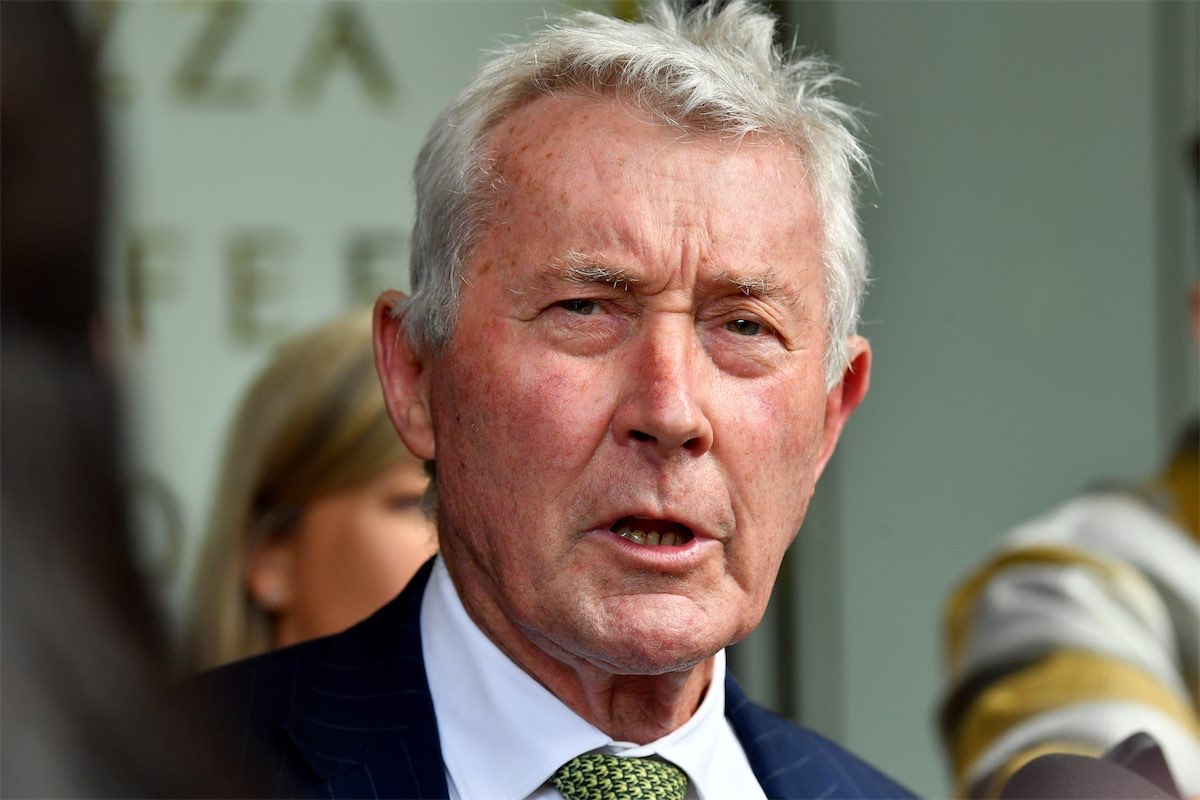
By Paul Osborne in Canberra
ONE of Australia’s top intelligence officers has warned foreign countries are using legal proceedings in Australia to gather sensitive information.
Office of National Intelligence Director-General Andrew Shearer told an inquiry into laws allowing secret trials to take place to deal with national security matters, that a high proportion of such cases would involve foreign interference offences.
Australia’s Independent National Security Legislation Monitor Grant Donaldson is examining whether the laws should change or be scrapped.
The laws are being scrutinised following the case of a former military intelligence officer dubbed Witness J, who was also known by the pseudonym Alan Johns.
The case only came to light after Witness J launched a court challenge against a prison for tipping off police about a memoir he was writing.
He was charged, arraigned, convicted on his plea of guilty, sentenced and served his sentence, without the public being aware of any of it.
On the first day of a public hearing, Mr Shearer defended the need for the laws, arguing court cases were a vulnerability in terms of national security information.
“Our adversaries understand that national security information is vulnerable in legal proceedings and is at far greater risk than it might be inside an intelligence agency or a secure facility,” he told the inquiry in Canberra on Wednesday.
“We are across the board as a country facing this unprecedented challenge and having to harden different components of our economy, our critical infrastructure, our political system, and … that needs to extend to the legal system.”
However, Mr Shearer said changes could be made to update the laws under the National Security Information Act.
“There will continue, unfortunately, to be terrorist offences and highly sensitive national security information will be germane in some of those cases as it has been in the past and will need to be properly protected,” he said.
Mr Donaldson said some courts had been hesitant about proceedings that fell under the laws, due to the number of extra requirements.
“Some courts feel as though you get a (national security information) matter, and you know, it’s like the Mongol hordes screaming over the mountain coming at you,” he said.
“What would be a very sensible idea is for the attorney-general to proactively deal with courts and say ‘here’s how these things… should be dealt with, and do (courts) need any assistance’.”
Mr Donaldson said there appeared to be broad support for changes to the security laws in order to make them more effective.
“What differentiates national security information from other categories of information that attracts these well-understood rules is that national security information is, if not always, then invariably governmental information,” he said.
“There is proper disquiet about unnecessary and inappropriate government claims of secrecy.”
Attorney-General’s Department Deputy Secretary Sarah Chidgey said the laws had been rarely used.
“Statistics demonstrate it’s been used sparingly, only when required, in almost 20 years of its operation,” she said.
“It’s been used in federal criminal proceedings involving 45 individuals and six civil proceedings.”
During 2021/22, the laws were used in three proceedings out of more than 4000 criminal cases involving the Commonwealth Director of Public Prosecutions.
The hearing will on Thursday hold a session with the legal team for Bernard Collaery, whose prosecution over allegedly leaking classified information about an alleged Australian spying operation in East Timor was dropped in 2022.
Mr Donaldson said while there were instances where the laws worked, there were cases where issues emerged.
“We’ve had a fair experience with those trials now – the NSI Act is thought to work generally quite well,” he said.
Who can be trusted?
In a world of spin and confusion, there’s never been a more important time to support independent journalism in Canberra.
If you trust our work online and want to enforce the power of independent voices, I invite you to make a small contribution.
Every dollar of support is invested back into our journalism to help keep citynews.com.au strong and free.
Thank you,
Ian Meikle, editor





Leave a Reply